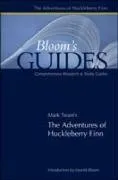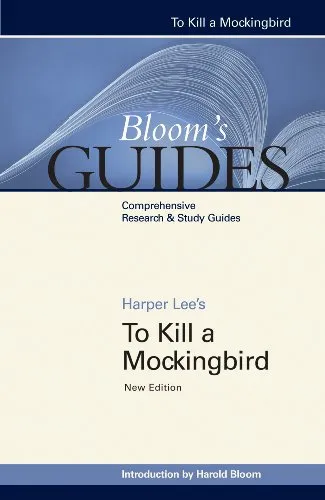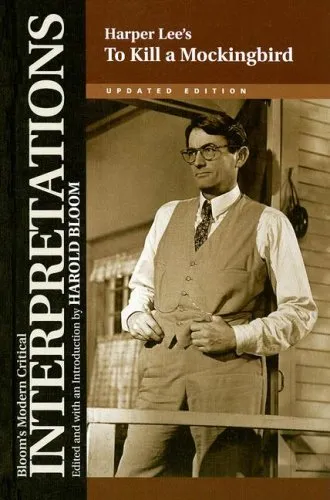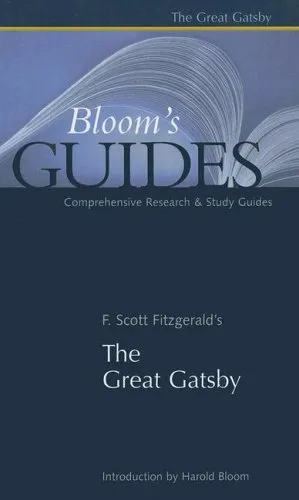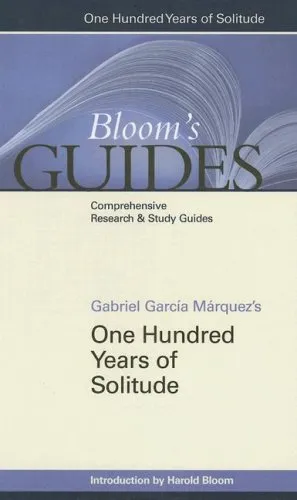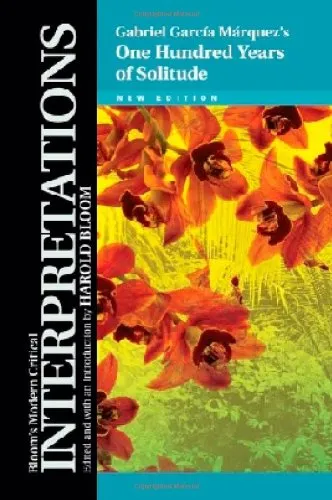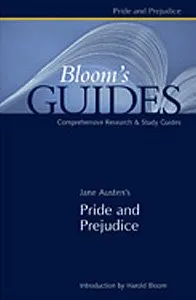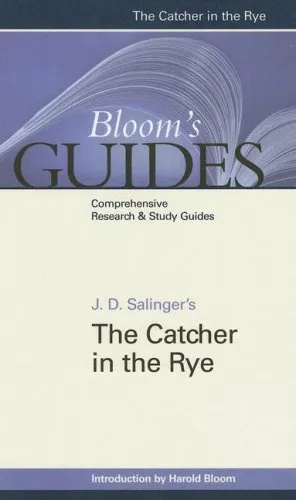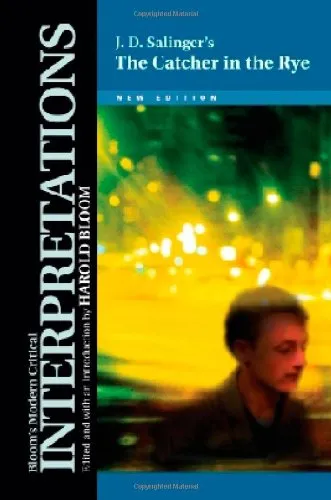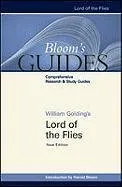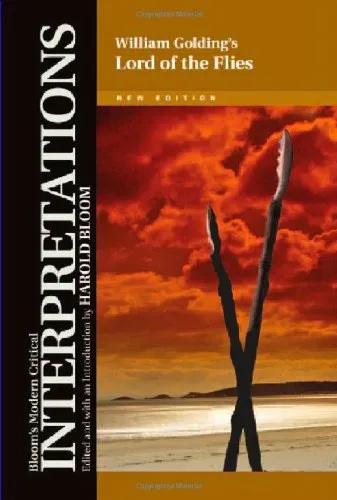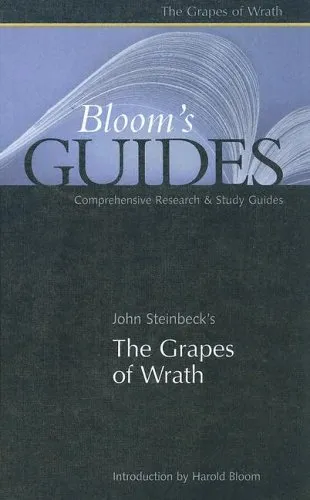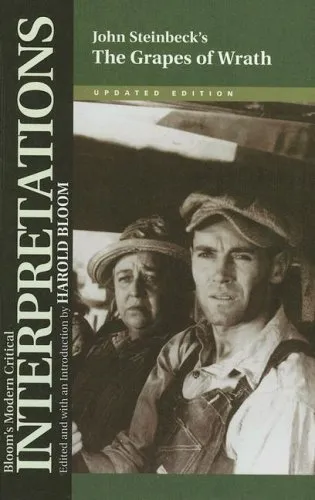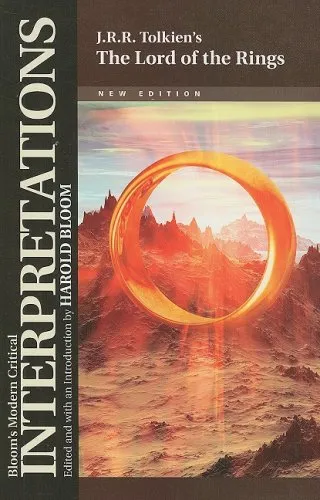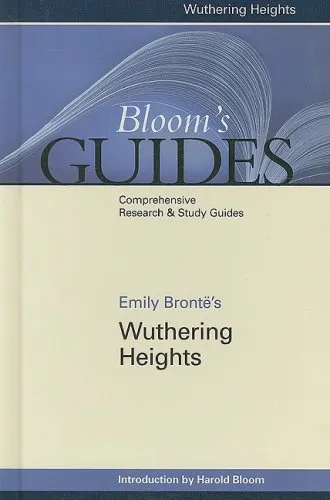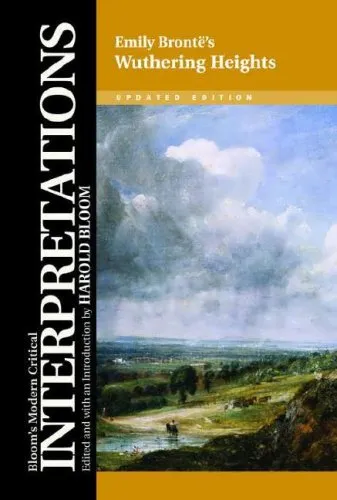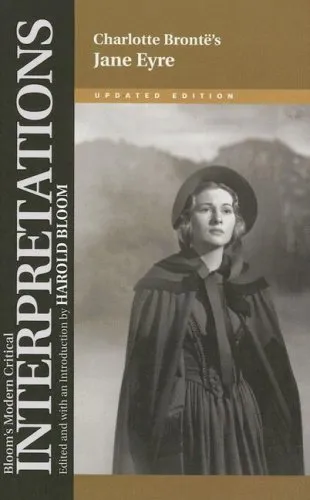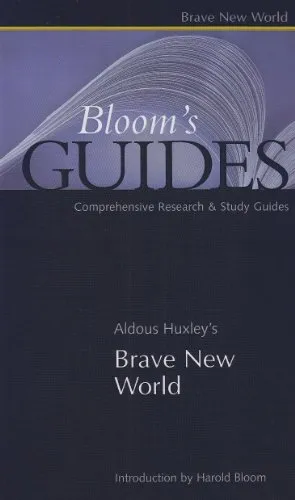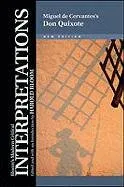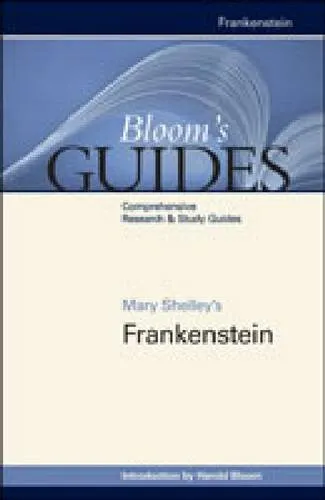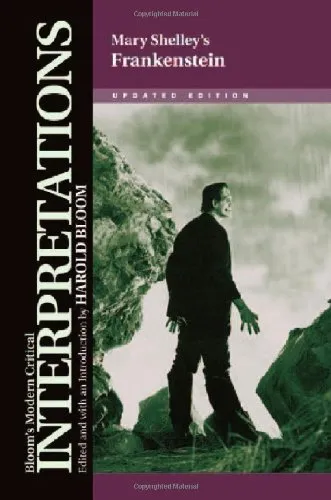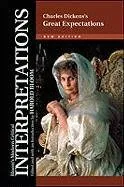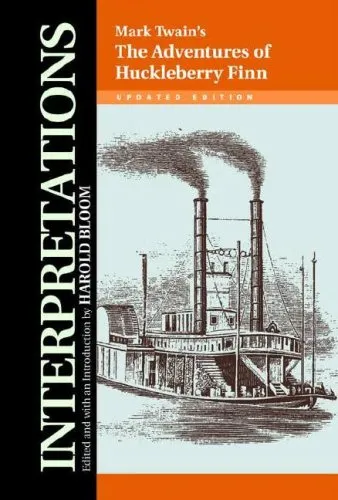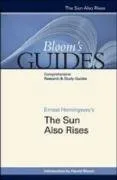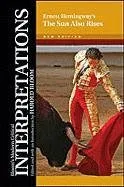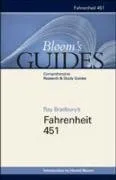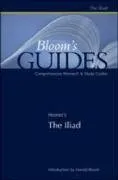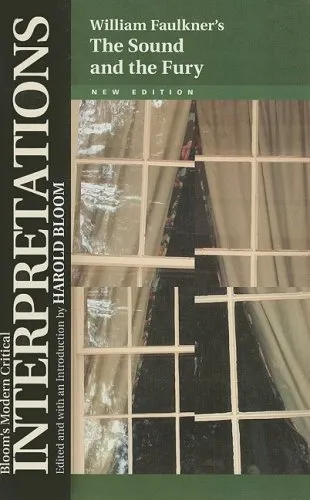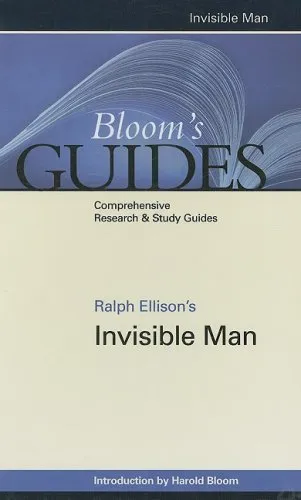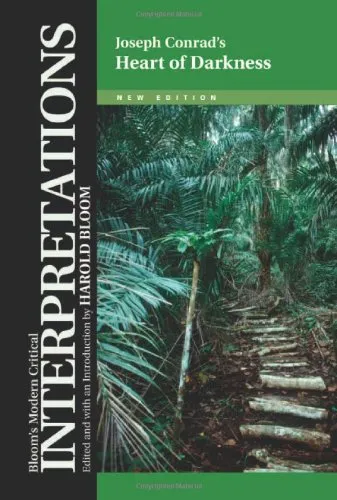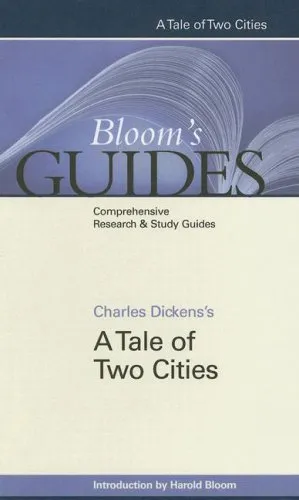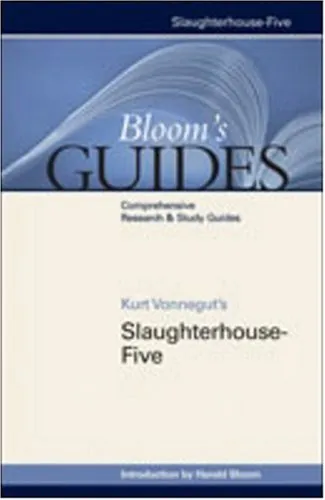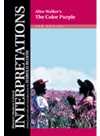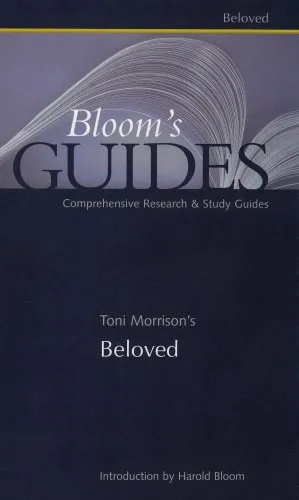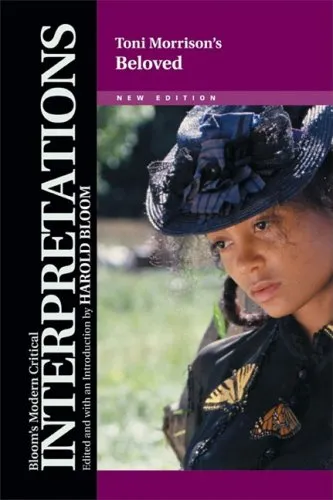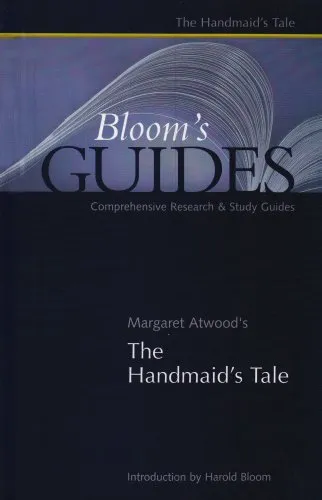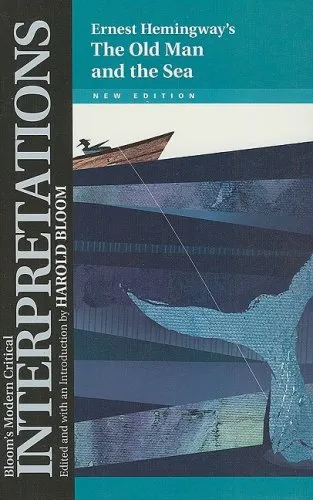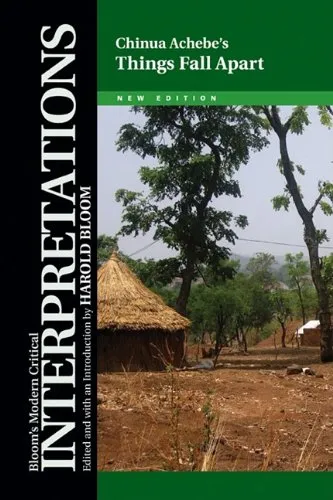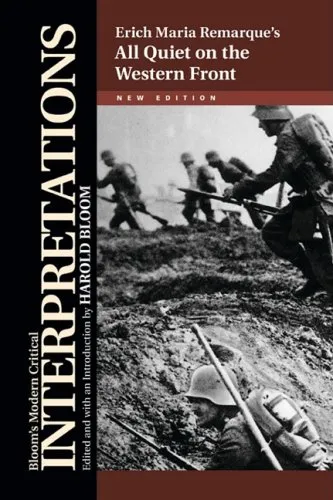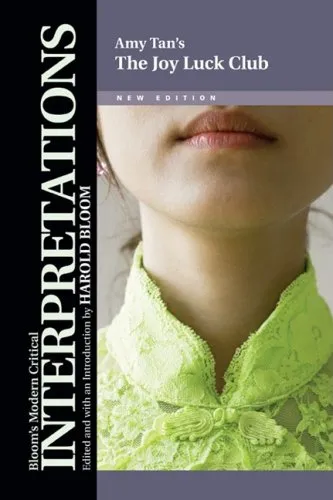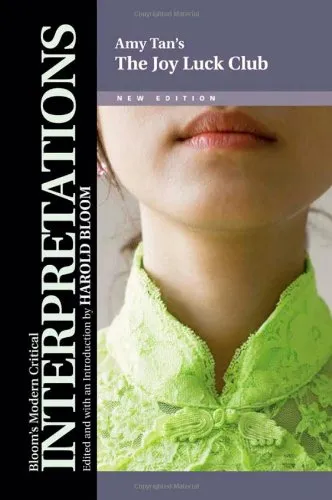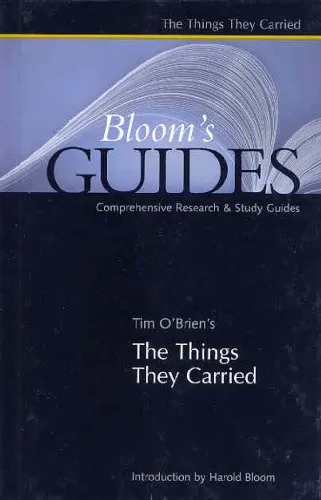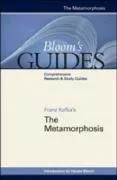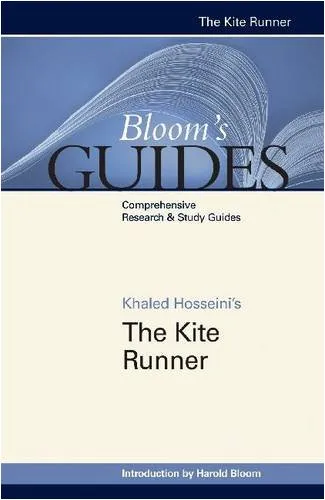Mark Twain's The Adventures Of Huckleberry Finn (Bloom's Guides)
4.0
Reviews from our users

You Can Ask your questions from this book's AI after Login
Each download or ask from book AI costs 2 points. To earn more free points, please visit the Points Guide Page and complete some valuable actions.Related Refrences:
Persian Summary
Introduction to 'Mark Twain's The Adventures Of Huckleberry Finn (Bloom's Guides)'
Welcome to a comprehensive guide to Mark Twain's timeless masterpiece, "The Adventures of Huckleberry Finn," as seen through the lens of literary analysis and critical exploration. This guide, part of the renowned Bloom's Guides series, provides readers and scholars with deeper insights into Twain's adventurous and morally weighted novel set in pre-Civil War America.
Detailed Summary of the Book
"The Adventures of Huckleberry Finn" chronicles the journey of the protagonist, Huck Finn, as he escapes from his abusive father and sets off down the Mississippi River. Accompanied by Jim, a runaway slave seeking freedom in the North, Huck navigates through a series of adventures and moral dilemmas. This book is not just a tale of adventure but also a profound exploration of themes such as racism, freedom, and social hypocrisy.
While traveling down the river, Huck and Jim encounter various characters and situations that challenge Huck's ingrained societal beliefs. From befriending the feuding Grangerfords and Shepherdsons to con artists like the Duke and Dauphin, Huck learns about the complexities of human nature. The novel's climax arrives when Huck is faced with the decision of whether to turn Jim in as a runaway slave or help him reach the freedom he so desperately seeks. Huck's inner conflict and eventual choice to assist Jim highlights the theme of moral growth and the questioning of societal norms.
Key Takeaways
- Realism and Satire: Twain utilizes realism and satire to critique the entrenched social attitudes of the American South, particularly concerning slavery and racism.
- Moral Development: Huck's journey is as much about his moral development as it is about thrilling adventures. His evolving relationship with Jim, from seeing him as property to valuing him as a friend, encapsulates the heart of the narrative.
- Critique of Society: Through Huck's informal, vernacular narration, Twain provides a sharp critique of society, highlighting the absurdities and contradictions in societal norms and expectations.
- Freedom and Confinement: The Mississippi River symbolizes freedom for Huck and Jim, serving as a contrast to the limitations and constraints imposed by society.
Famous Quotes from the Book
"The Adventures of Huckleberry Finn" contains many memorable quotes that encapsulate its themes and motifs:
"All right, then, I'll go to hell." - Huck's powerful declaration of loyalty to Jim.
"Human beings can be awful cruel to one another." - A reflection on the darker side of human nature.
"It's lovely to live on a raft." - Signifying the peace and freedom found away from societal constraints.
Why This Book Matters
"The Adventures of Huckleberry Finn" holds a distinguished position in American literature for its unflinching portrayal of societal issues interwoven with a coming-of-age narrative. Mark Twain's novel is lauded for its authentic use of regional vernacular and its pioneering approach to the young adult perspective, making it an essential read for understanding American history and literature.
Despite numerous controversies due to its language and themes, the book's insightful commentary on race, identity, and the moral conscience remains crucial for discussions on these topics today. Twain's ability to present a narrative that is both a thrilling story and a deep social critique ensures that "The Adventures of Huckleberry Finn" continues to be relevant and influential, sparking critical discussions on ethics, empathy, and the human condition.
Free Direct Download
You Can Download this book after Login
Accessing books through legal platforms and public libraries not only supports the rights of authors and publishers but also contributes to the sustainability of reading culture. Before downloading, please take a moment to consider these options.
Find this book on other platforms:
WorldCat helps you find books in libraries worldwide.
See ratings, reviews, and discussions on Goodreads.
Find and buy rare or used books on AbeBooks.
1602
بازدید4.0
امتیاز0
نظر98%
رضایتReviews:
4.0
Based on 0 users review
Questions & Answers
Ask questions about this book or help others by answering
No questions yet. Be the first to ask!
